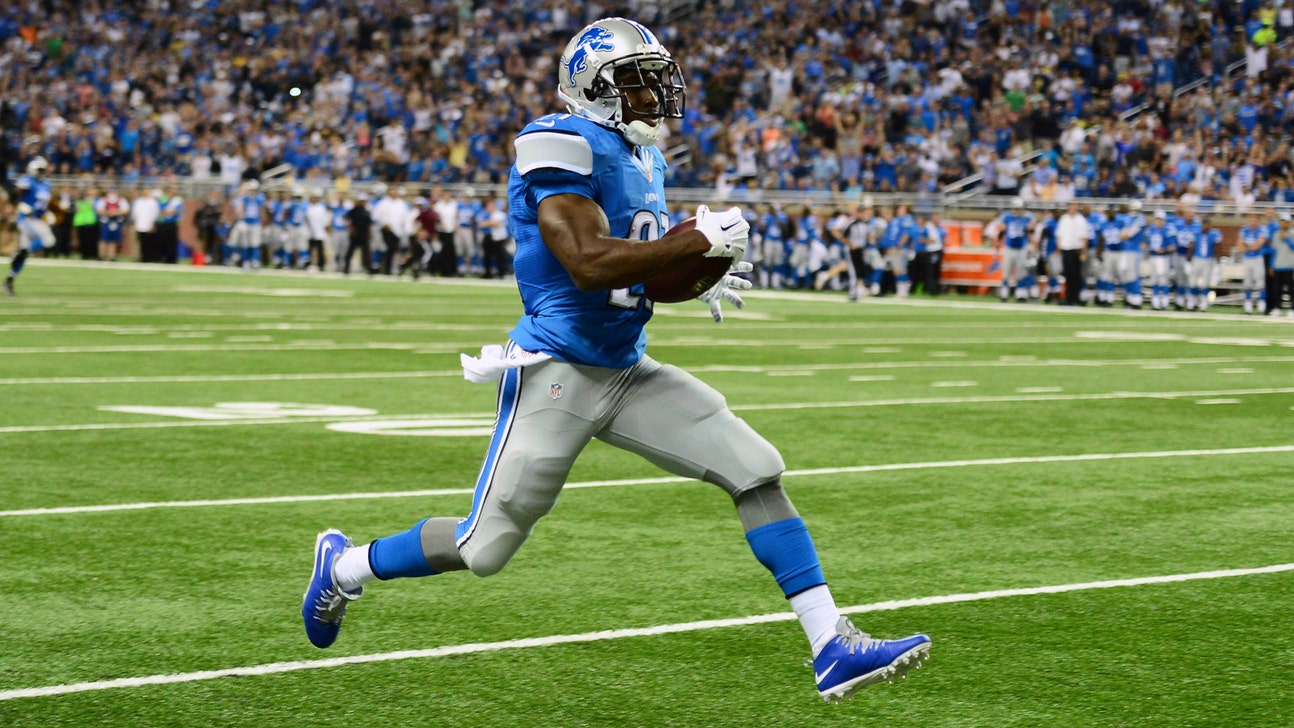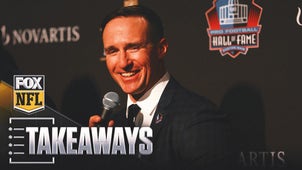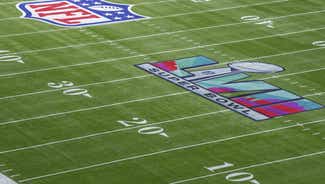
Lions' Reggie Bush could be cap-casualty candidate

The Detroit Lions were coming off a four-win season two years ago, but they quickly became the talk of the NFL that March with the free-agent signing of running back Reggie Bush.
Bush was just what the Lions needed, most analysts agreed, to give them the electrifying threat in the backfield to complement receiver Calvin Johnson and fill the void left by speedster Jahvid Best's departure.
Lions' fans loved the addition and chanted "Reg-gie! Reg-gie!" every time he touched the ball. One restaurant even named a steak after him upon his arrival.
But in the NFL -- "Not For Long," as they say -- the adulation can turn to skepticism almost overnight.
In a salary-cap era, in which contracts aren't fully guaranteed, any underperforming veteran with a big contract potentially becomes expendable.
Bush, coming off an injury-plagued season, has hit this stage of his career. He turns 30 in less than two months. He's played nine seasons in the league, which translates to a lot of hits taken considering the position he plays.
A slow-to-heal ankle injury left him in and out of the lineup around midseason, forcing Bush to miss a total of five games. His 550 total yards (297 rushing, 253 receiving) were the second-fewest in his career, ahead of only 2010, his final season in New Orleans, when he played in just eight games.
Is this the beginning of the end for him?
Bush knows the reality for running backs in professional football, but he's adamant that he's not finished yet.
"I think I have a lot left to give this game," he said. "My body still feels pretty good. I don't feel worn down. I don't feel beat up.
"As a running back, nine years in this league can make you feel that way. But I still feel pretty good. I'm planning on playing for a while."
Shortly after the Super Bowl, NFL teams typically start addressing the cap-casualty issue and release players who are under contract for the next season but don't fit into their plans.
The players most targeted are those who have shown signs of age, have big contracts and have a capable replacement behind them who is younger and cheaper.
Theo Riddick, a sixth-round draft pick in 2013, doesn't have Bush's experience or all of his running skills, but he could fill the role, especially as a receiver coming out of the backfield.
A year ago, the Lions released receiver Nate Burleson and safety Louis Delmas to make room under the salary cap for other additions.
The team is going to have to do some creative maneuvering this year with the cap in order to re-sign All-Pro defensive tackle Ndamukong Suh, who is eligible for free agency.
All of that has led to the suggestion that Bush could be an option when they're looking to create cap space.
There's one big difference, though. Cutting Burleson and Delmas saved more than $11 million against the cap.
Releasing Bush, who will be owed a $250,000 roster bonus come March, would be worth less than $2 million in cap money.
"I do know there's a (business) side of it," Bush said. "I know that I have a contract that says I'm here for another two years.
"That's the business side. Until someone tells me otherwise, that's why I'm planning to be back."
General manager Martin Mayhew, not surprisingly, wasn't tipping his hand on any possible offseason moves when he met with the media last week.
Time will tell, but one thing in Bush's favor is that he showed signs of his old explosiveness late in the season.
It was only for a few plays, but they demonstrated his talent, nonetheless.
In the second-to-last regular season game, Bush caught a short pass on fourth-and-6 against Chicago and singlehandedly turned it into a crucial 21-yard gain. On the next play, he made another nice move to score on a 13-yard run.
He also brought back memories in the playoffs when he scored on an 18-yard touchdown run against Dallas.
It was similar to what he had done more consistently the previous year, his first season in Detroit, when Bush finished with a career-best 1,512 yards from scrimmage (1,006 rushing, 506 receiving).
One positive this past season was that he didn't have the fumbling problems that he had the previous year.
Were those late-season flashes a sign of what's still to come? Or just a throwback tease for a player nearing the end of his career?
"It's unfortunate it took this long," Bush said of his late reemergence. "I really started to feel good, felt back to myself."
The problem was that he just didn't show it often enough.
He played the first five games, missed a game, returned for one week, missed another, played one more game and missed three before being available for each of the final five.
His role, however, wasn't nearly as extensive as in the past, largely because of Joique Bell, who had taken over as the team's No. 1 back during Bush's absence.
While Bush was enjoying his team's success and its run to the postseason, it was still frustrating from an individual standpoint.
"I haven't been injured like this in a while where I missed a good majority of the season," he said. "That's tough to not be out there. Coming back and getting reinjured, coming back and getting reinjured, that was pretty tough to go through mentally.
"Hopefully, next season I'll be able to play injury-free."
The question that still has to be confirmed is whether that's definitely going to be with the Lions.
EXTRA POINT
Defensive coordinator Teryl Austin remains a candidate for the head-coaching vacancy in Atlanta after interviewing twice with the Falcons, although Seattle defensive coordinator Dan Quinn is widely considered the favorite.










